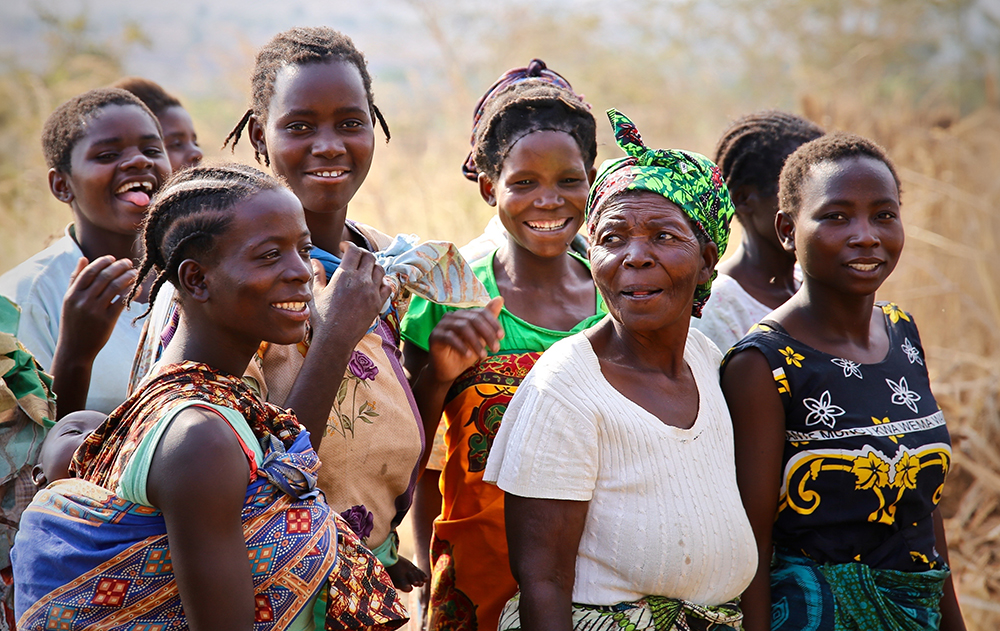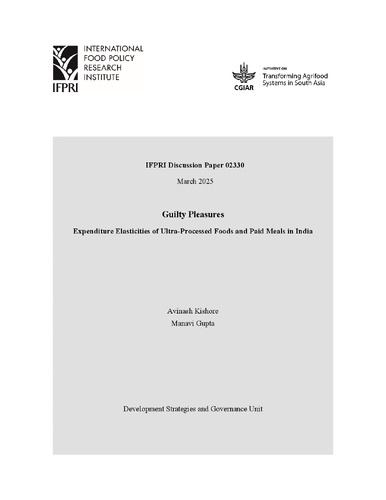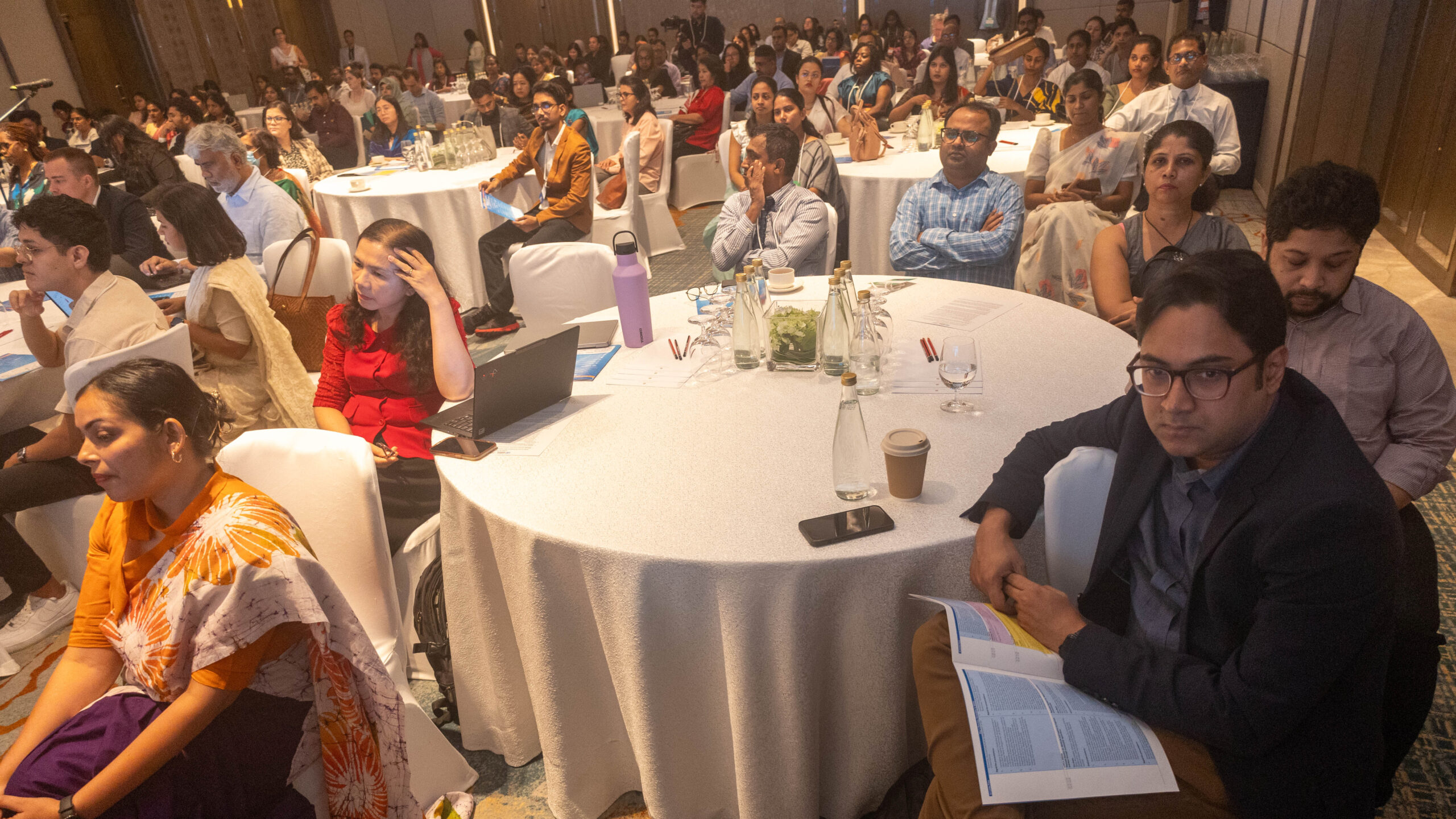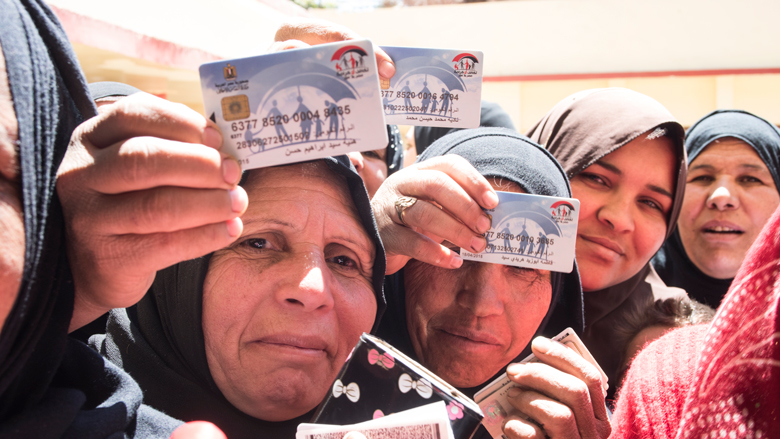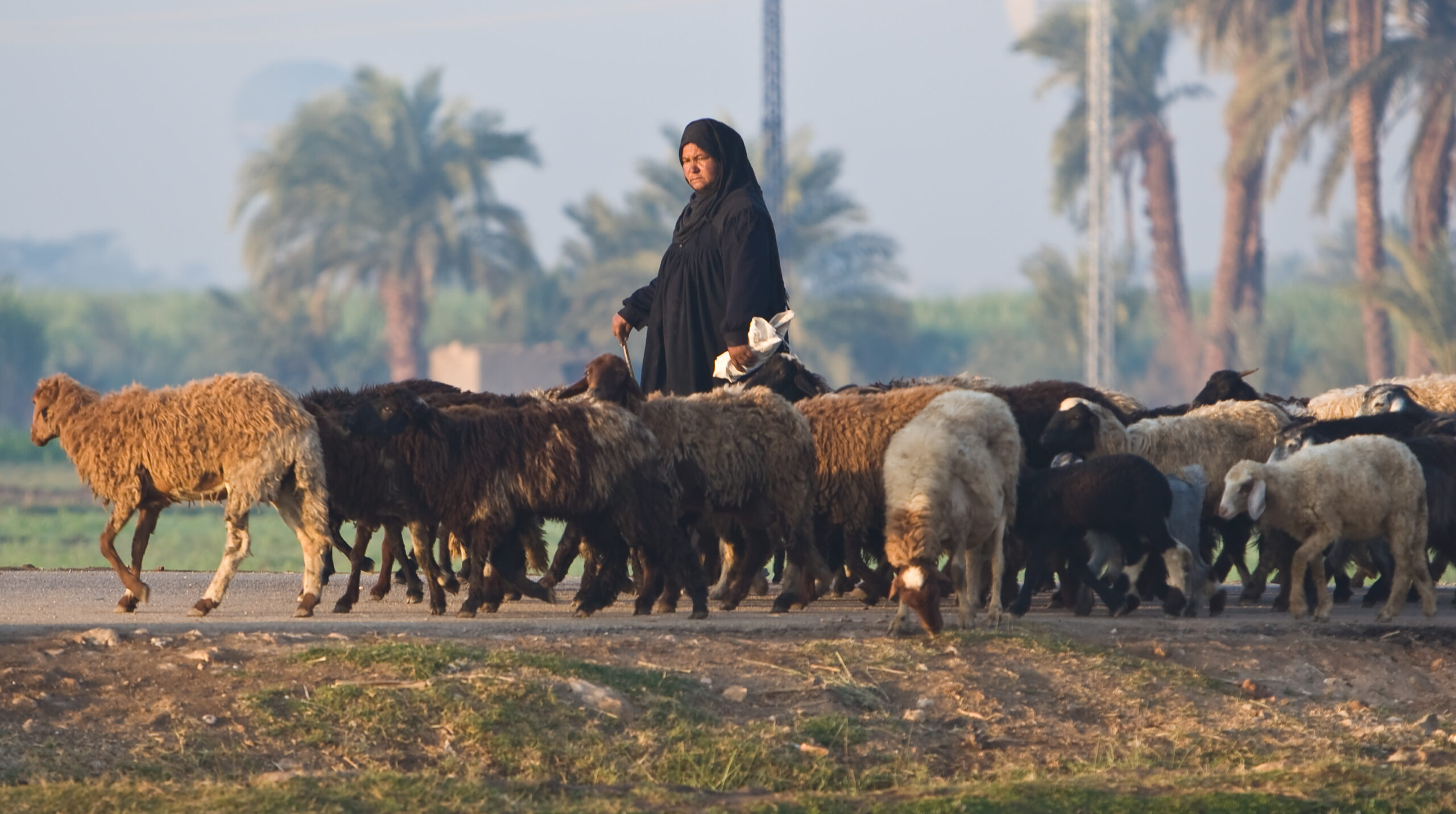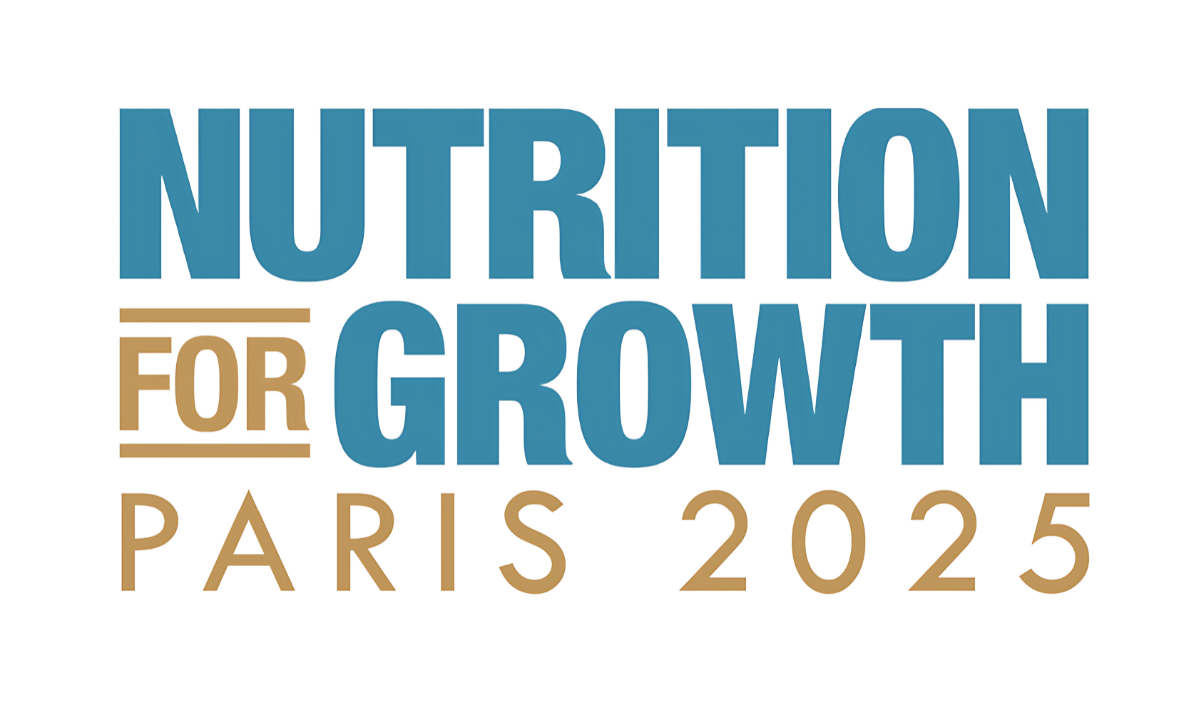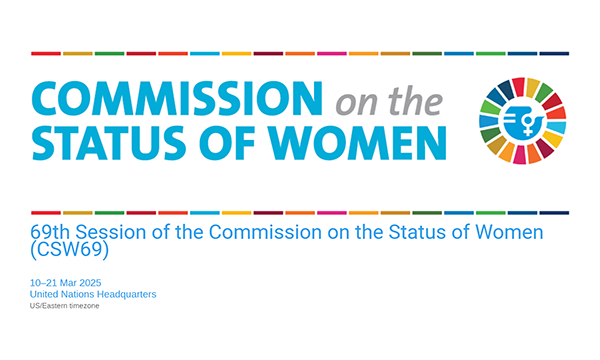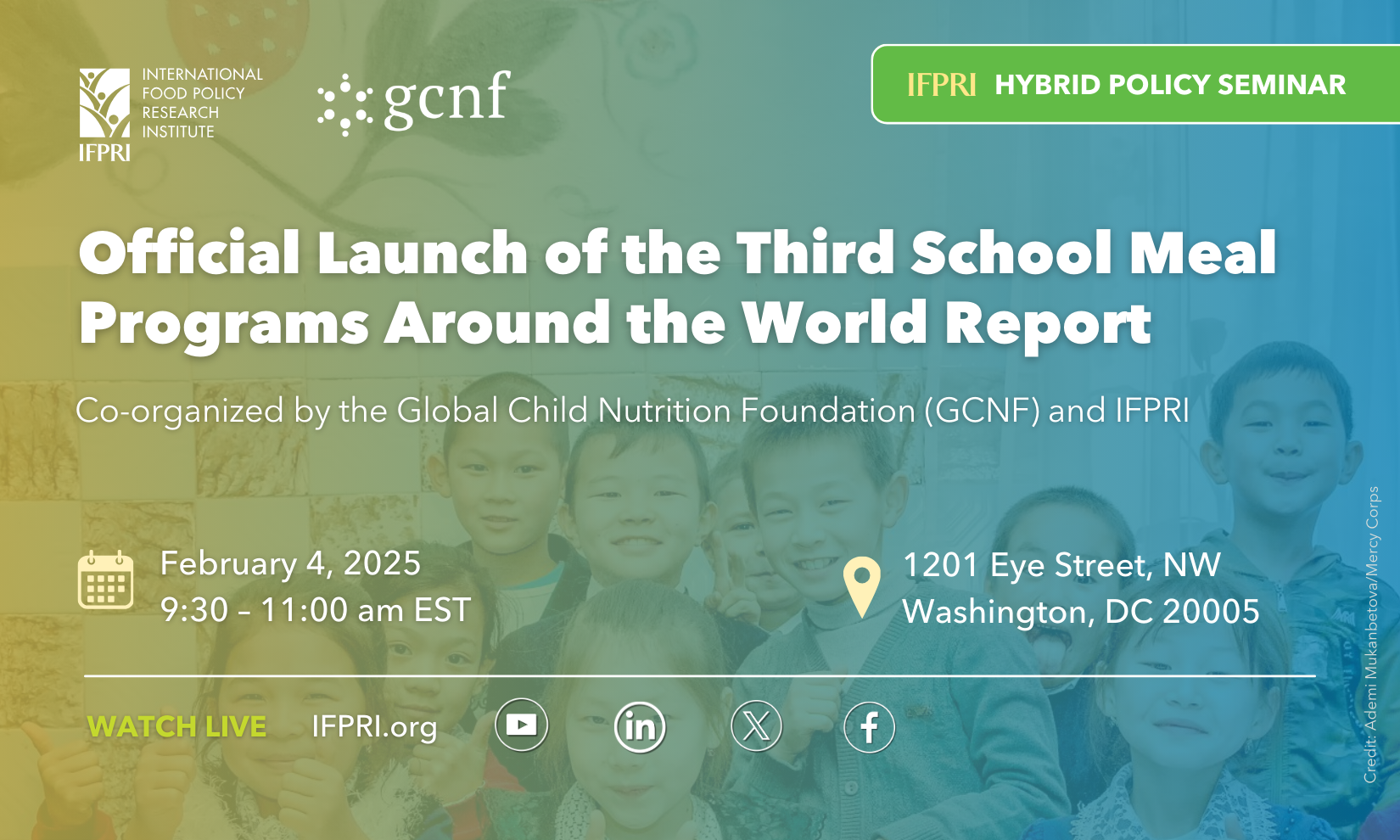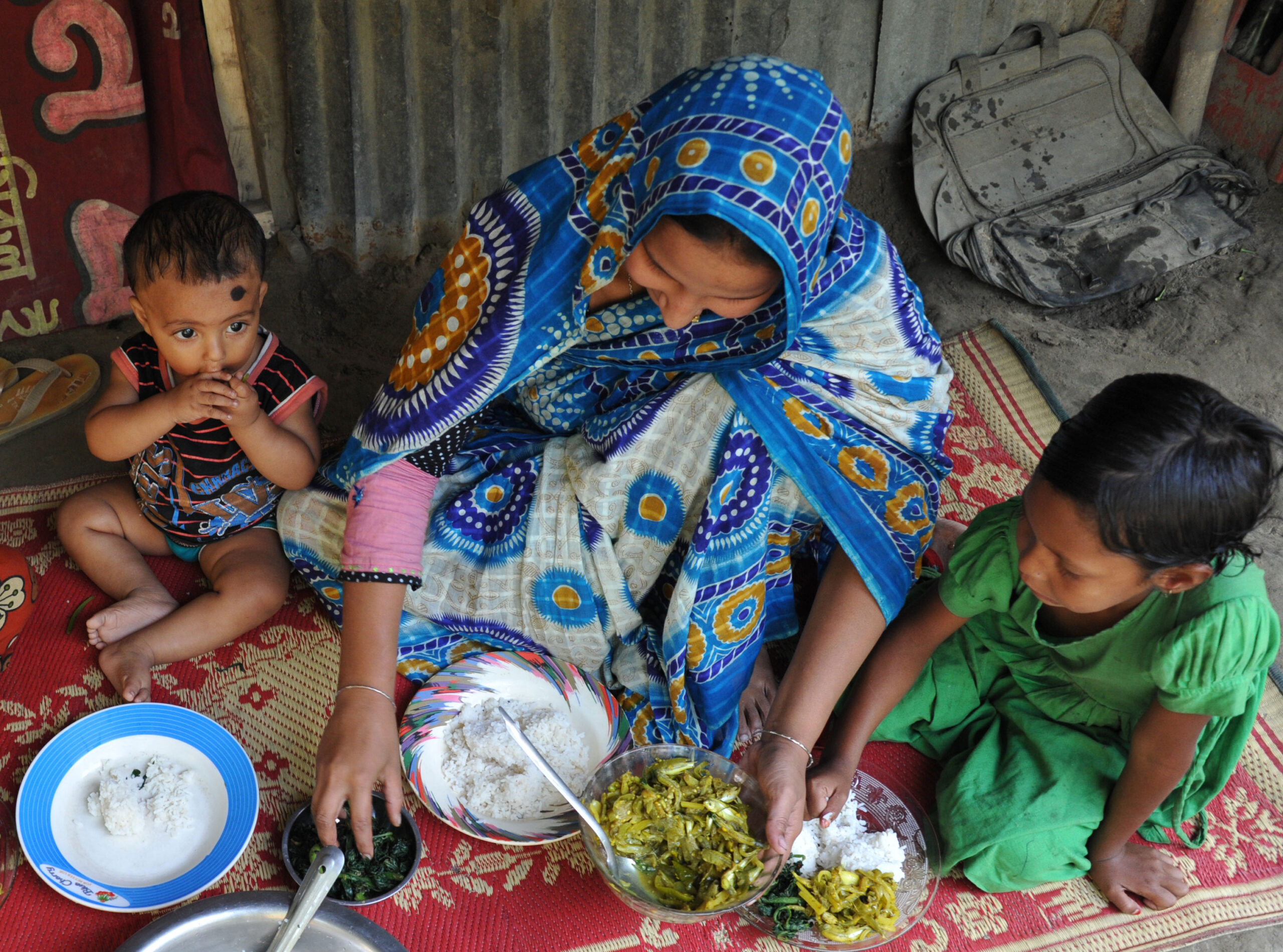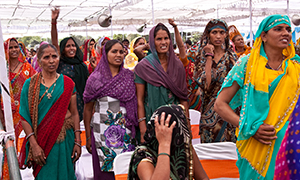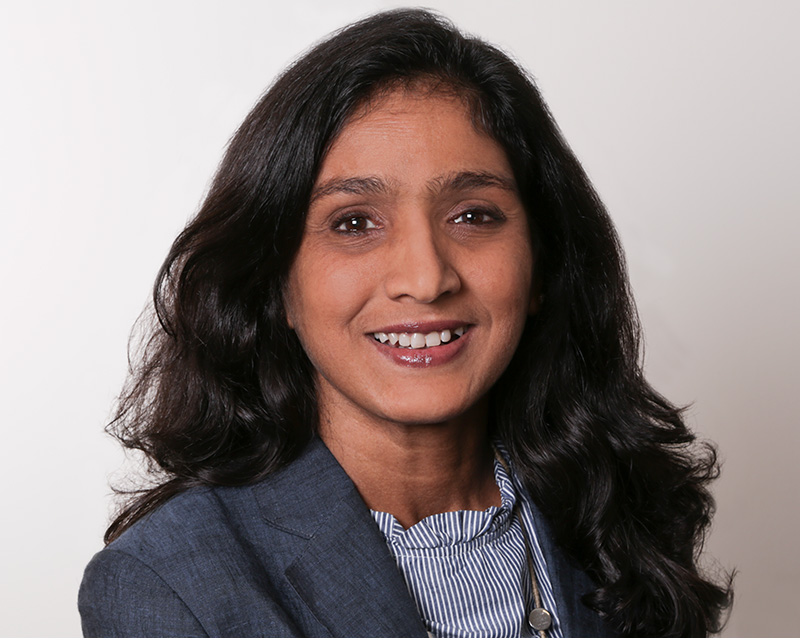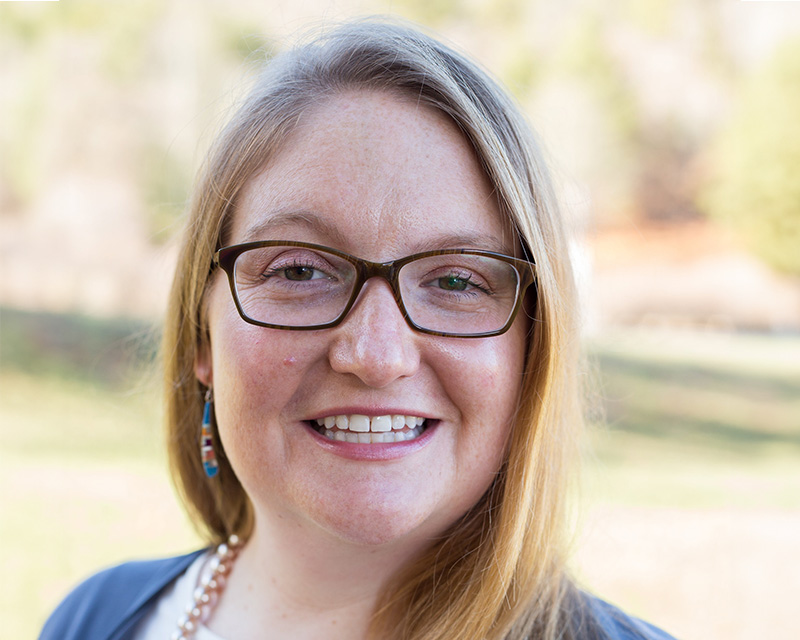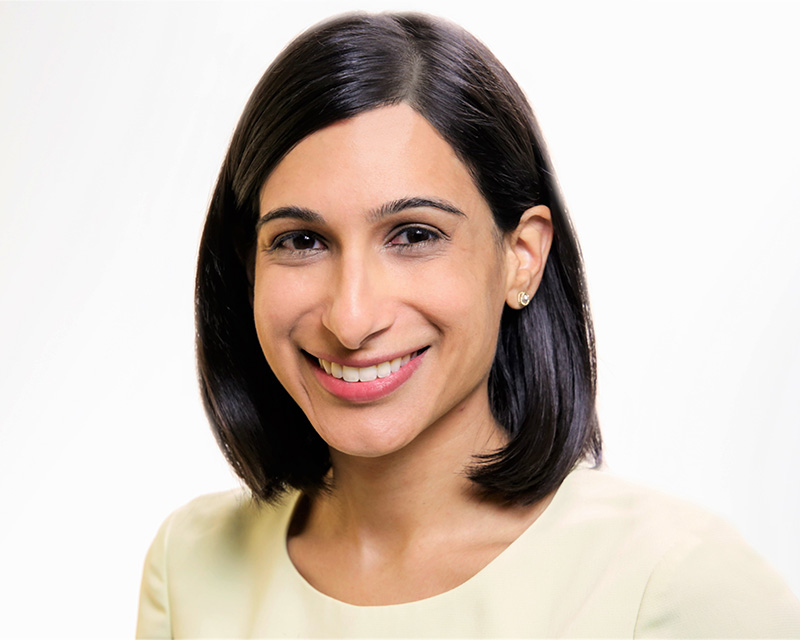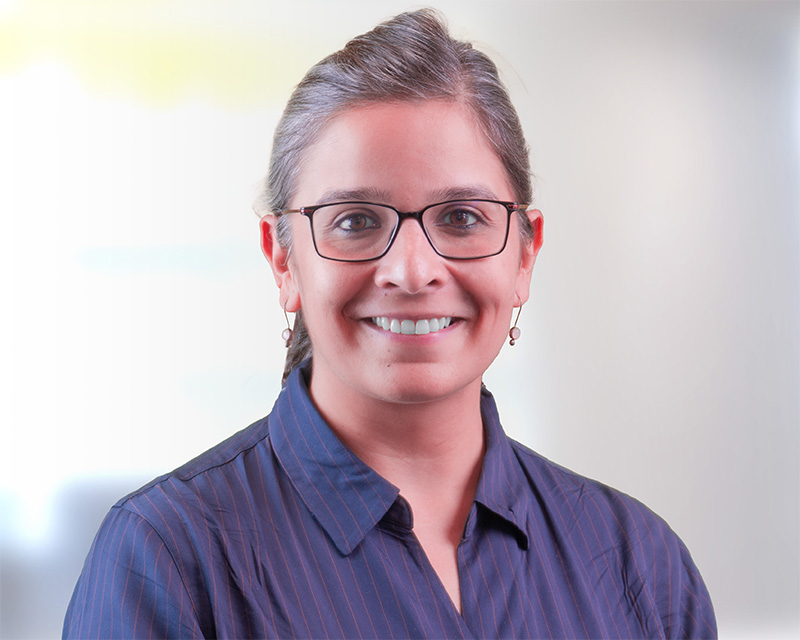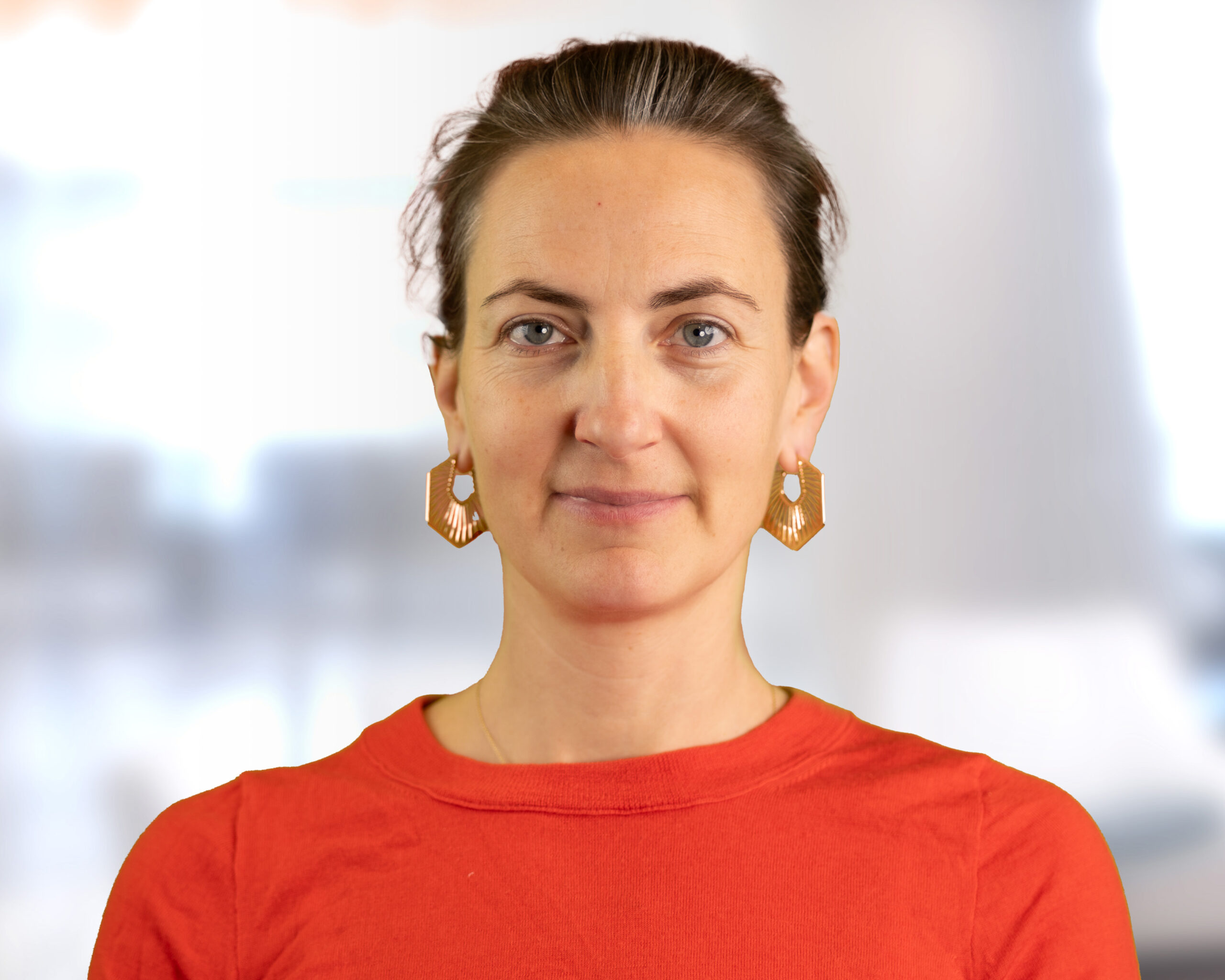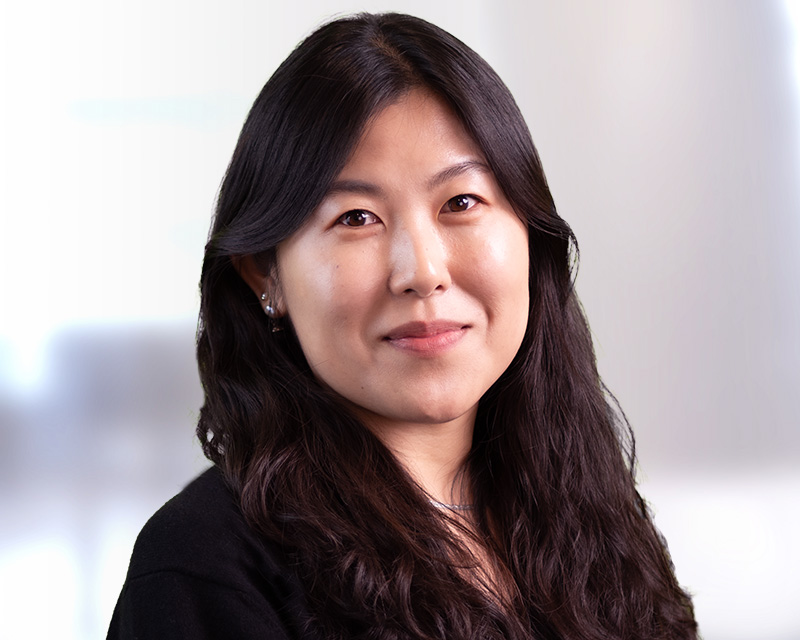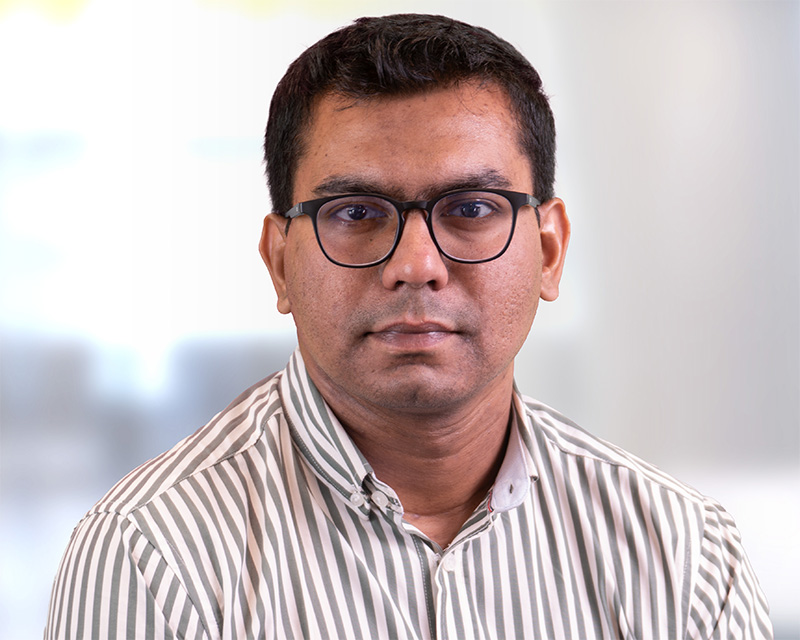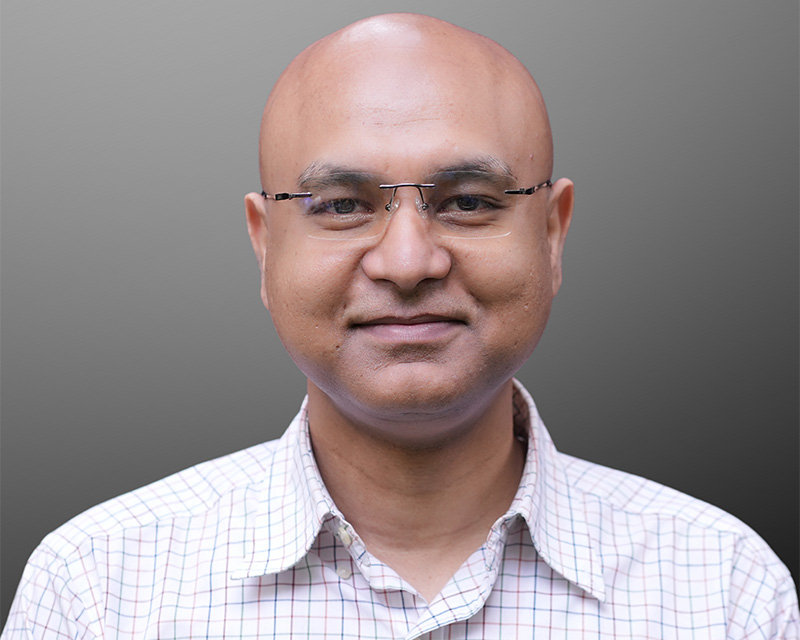Overview
Reducing poverty in low- and middle-income countries remains a preeminent challenge. Gains made in recent decades are now under threat from persistent crises, including health crises, conflict, and climate change, as well as uncertain progress in transforming food systems. Current agrifood systems disfavor the poor, and particularly women, perpetuating their lack of access to resources and services, and reinforcing the underinvestment in human and physical capital.
Renewing progress in addressing poverty, food insecurity, and low levels of nutrition, health, and education requires understanding the gender dimensions of development challenges and strategies in order to promote inclusion of women and girls and marginalized and excluded groups. To address these challenges, the Poverty, Gender, and Inclusion Unit (PGI) works together with governments and other partners to provide evidence-based guidance to inform policy on poverty and social protection, gender equality, and governance and voice.
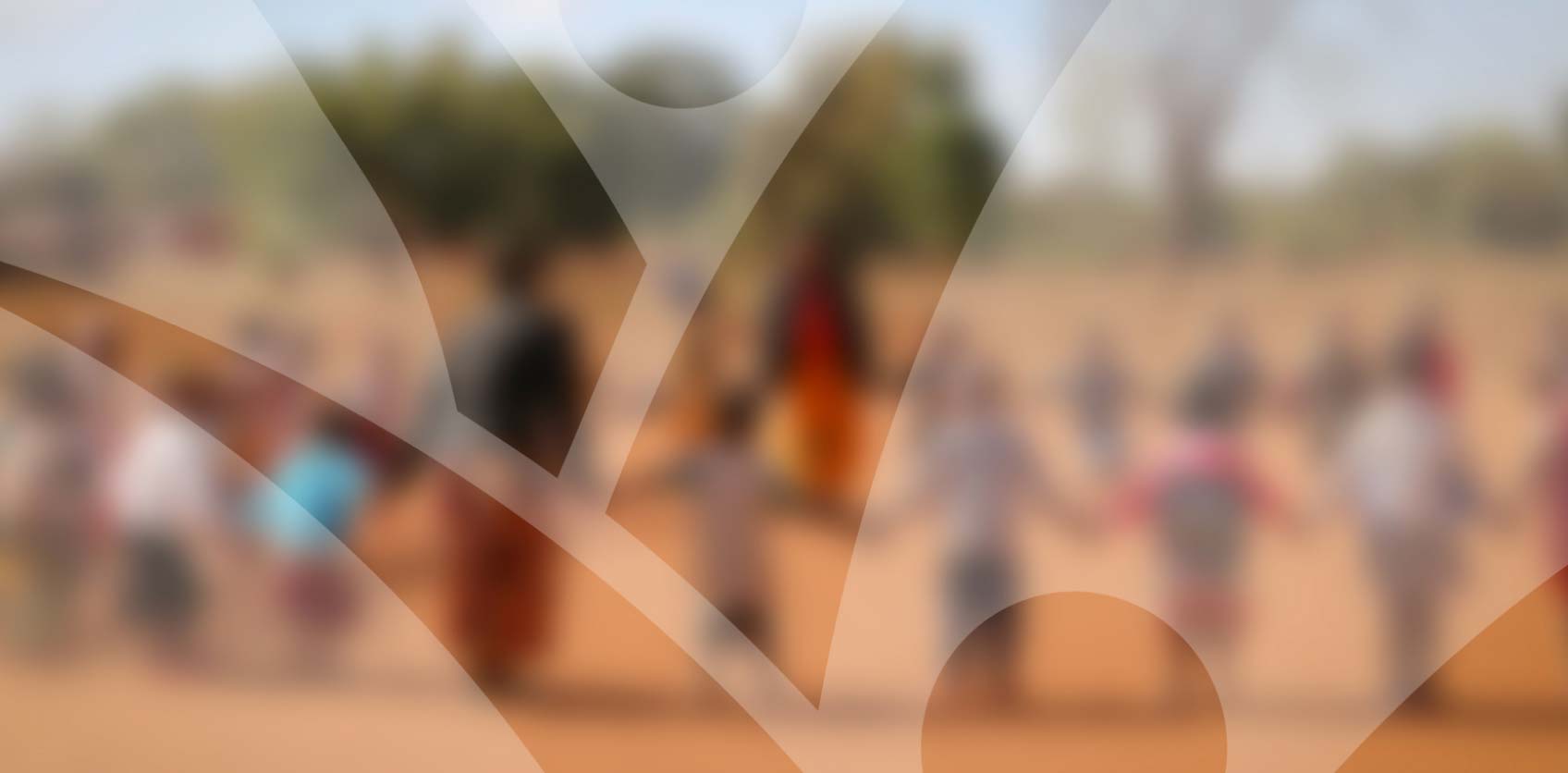
In this video, Daniel Gilligan,the Unit director, talks about some of the key research areas PGI is focusing on. The unit conducts multidisciplinary research and collaborates with local entities to inform policies on social protection and women’s empowerment, aiming to improve livelihoods and food security through evidence-based solutions.
Areas of Focus
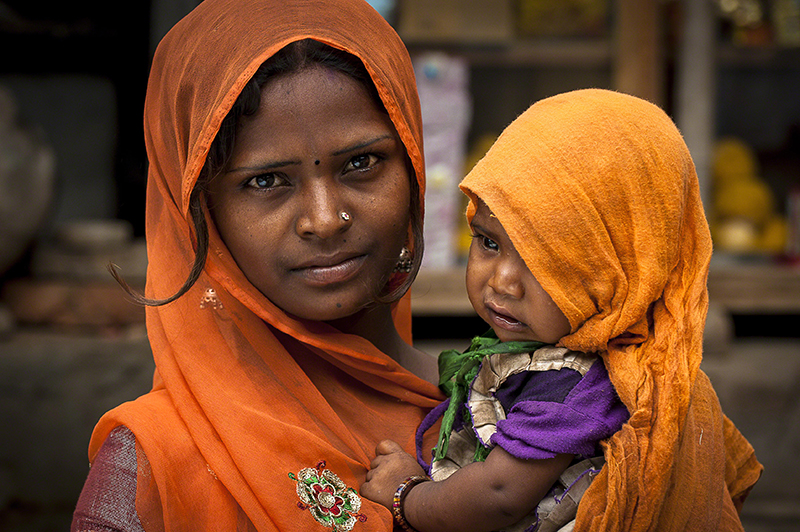
Poverty and social protection
Improving access to resources and increasing participation in agrifood systems is essential for improving well-being and reducing vulnerability of poor populations, particularly women. PGI conducts rigorous impact evaluations to inform effective designs of social protection and poverty-focused programs, gender-responsive development, and humanitarian interventions to strengthen livelihoods, food security, empowerment, and resilience.
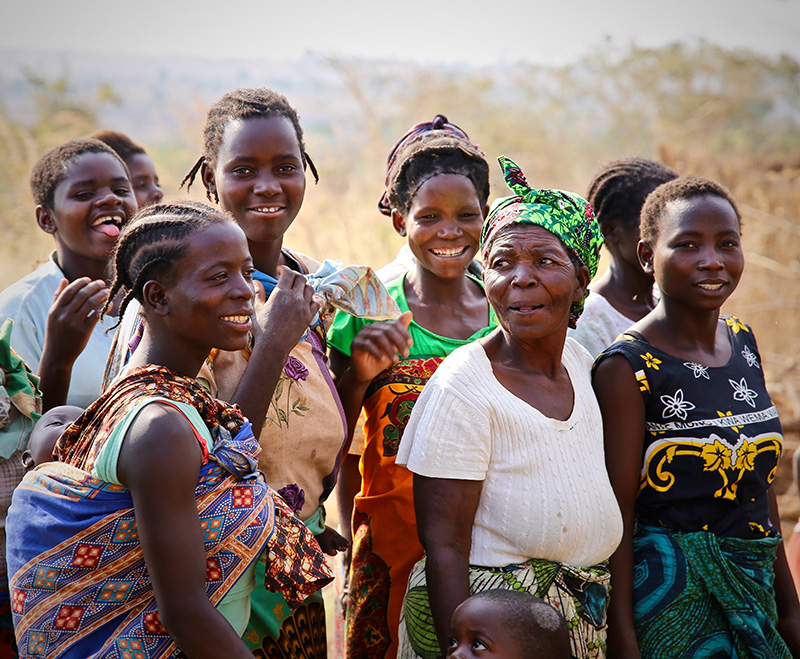
Women’s empowerment and gender equality
Women play a critical role in agricultural growth and in ensuring their families’ food and nutrition security, but face persistent economic, social, and normative constraints. PGI’s experts in gender and development test strategies to promote women’s empowerment and gender equality, and develop scalable metrics of empowerment to help achieve food and nutrition security for everyone.
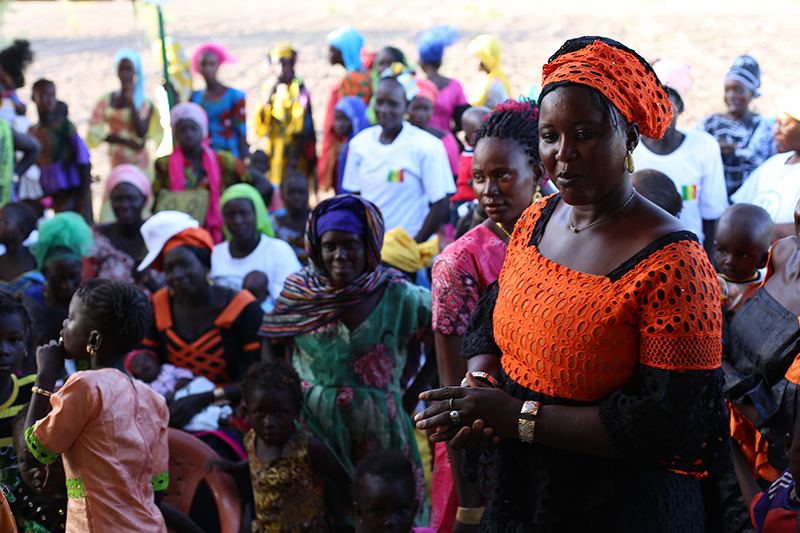
Governance and voice
Ensuring that women and marginalized groups can exercise voice and agency in the agrifood system, including in government decisions and their communities, can promote progress against poverty and malnutrition. PGI research investigates what works to bolster accountability, trust, and inclusion of marginalized groups in the delivery of services, civil society, and the policy process.
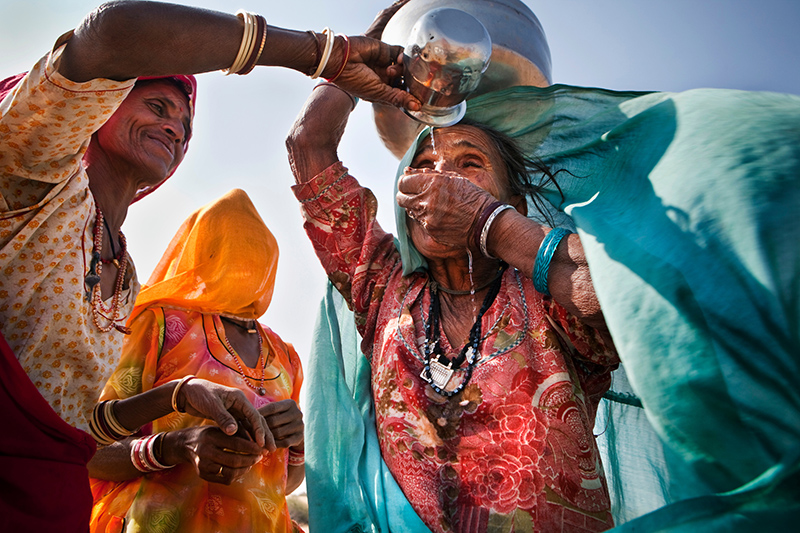
Shocks and resilience
Conflict, climate change, and global economic shocks pose increasing risks to rural livelihoods and food security. MTI contributes to decision-making for increased food system resilience by providing real-time monitoring of risks, building evidence on risk-management options such as innovative approaches to crop insurance and bundled risk management mechanisms, and tools for assessing impacts of global shocks on domestic food systems.
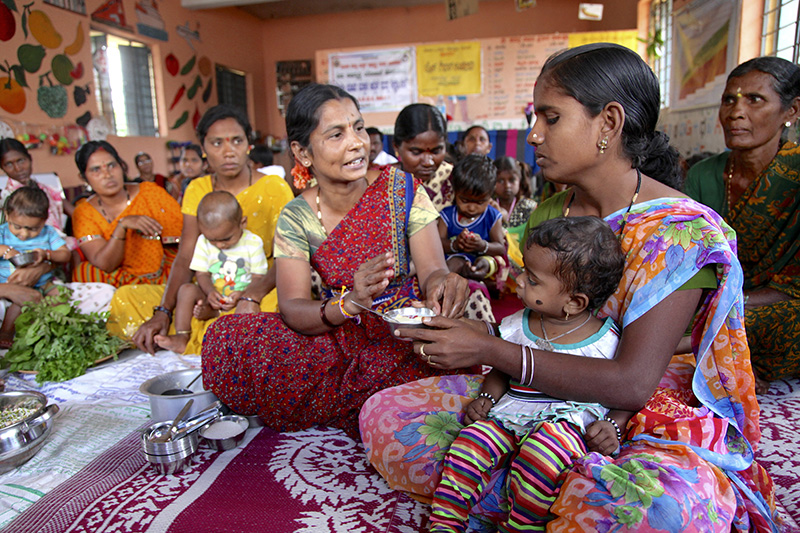
Tools and Methods
PGI conducts multidisciplinary and mixed-methods research that incorporates expertise in social protection, gender, nutrition, governance, development, and climate. Impact evaluations closely engage policymakers to build high-quality evidence. PGI also develops tools for measuring empowerment, including the widely adopted WEAI, pro-WEIA, and WEMNS.




